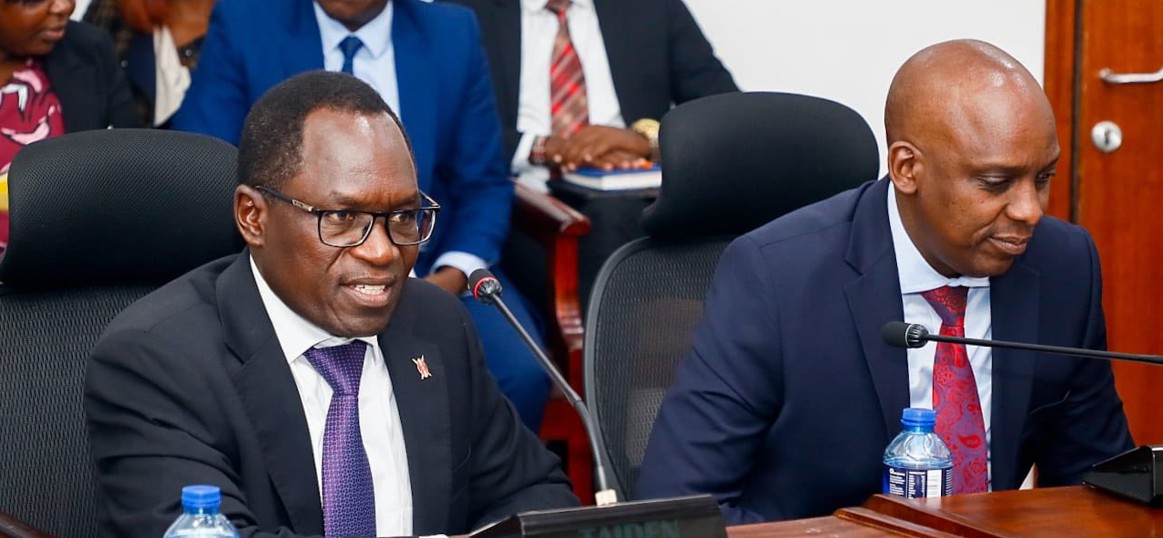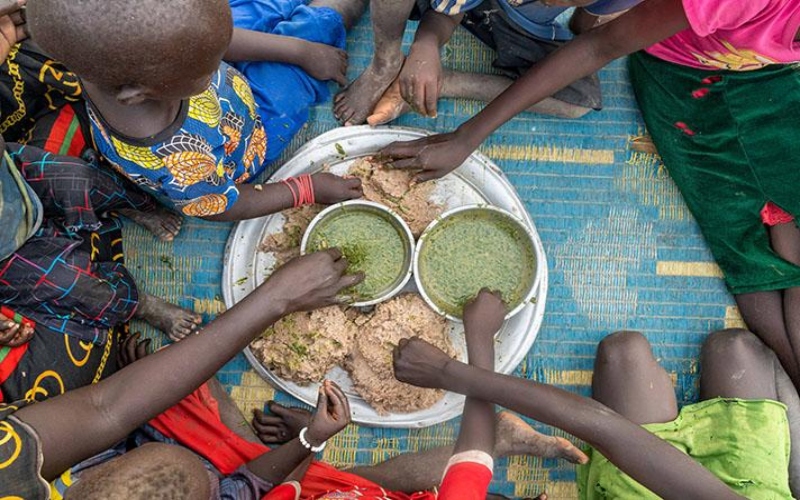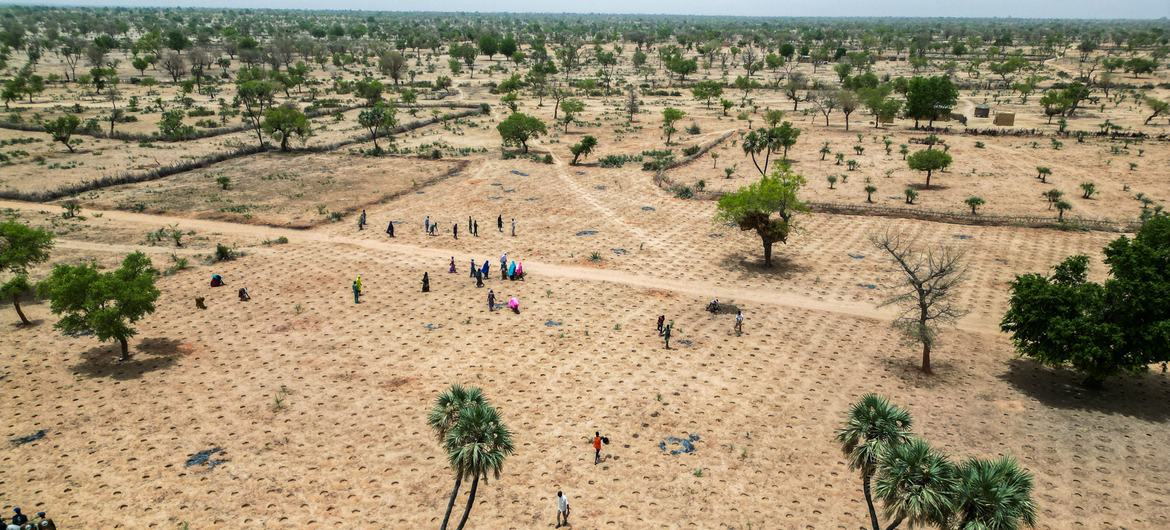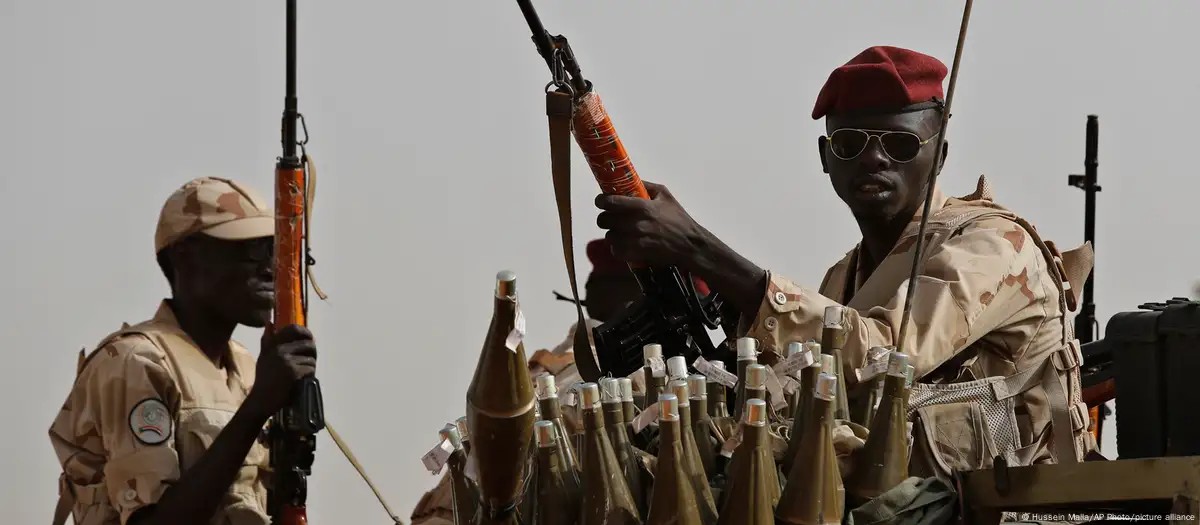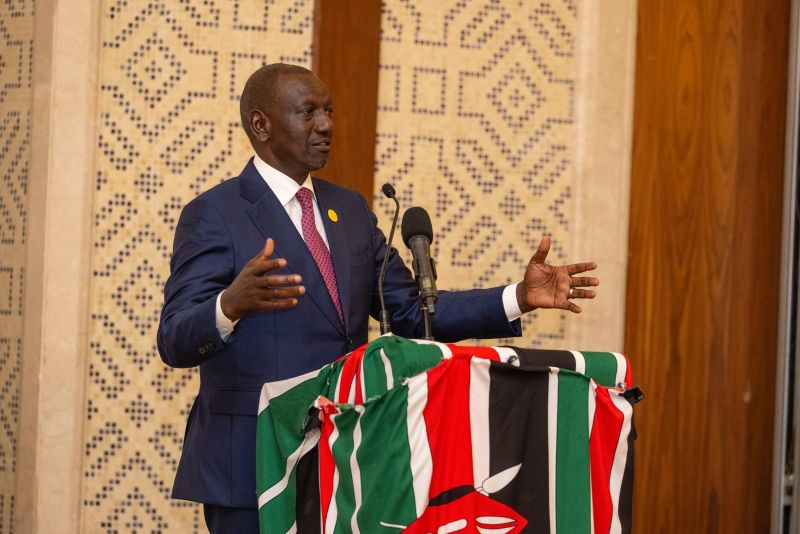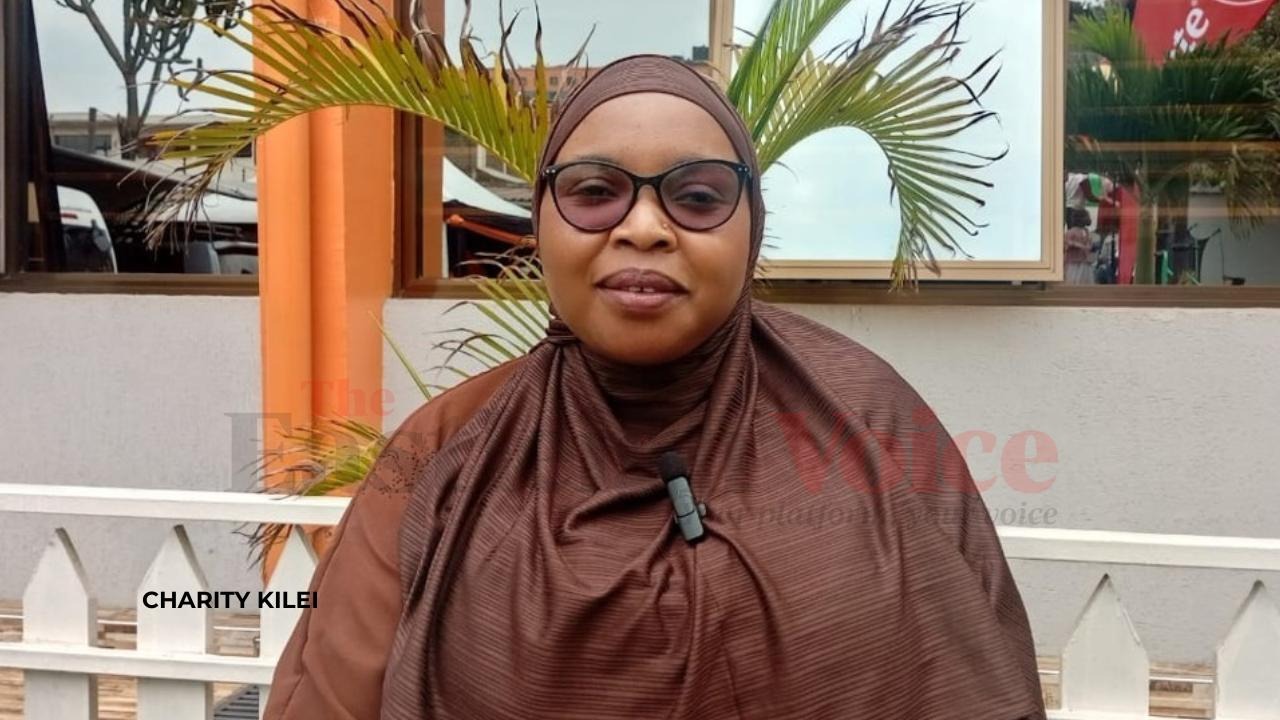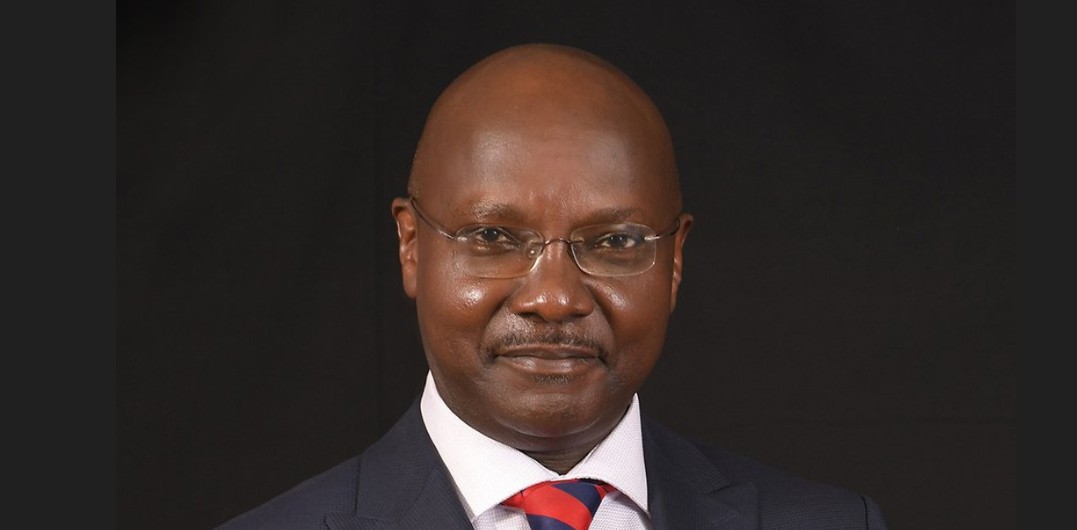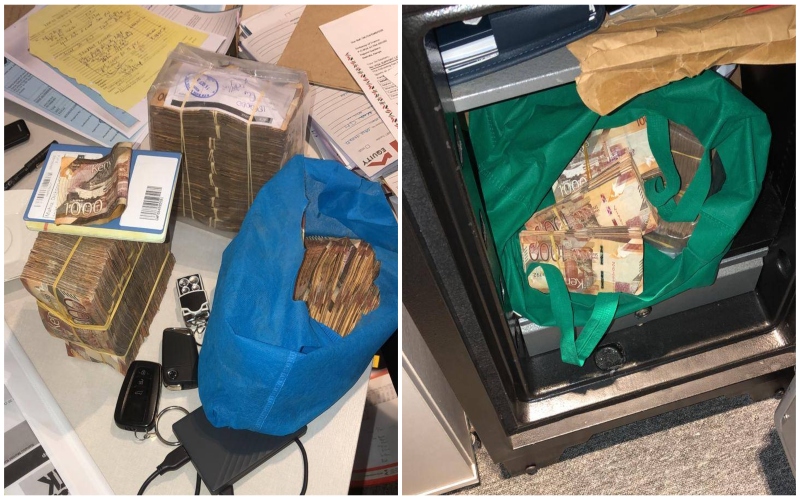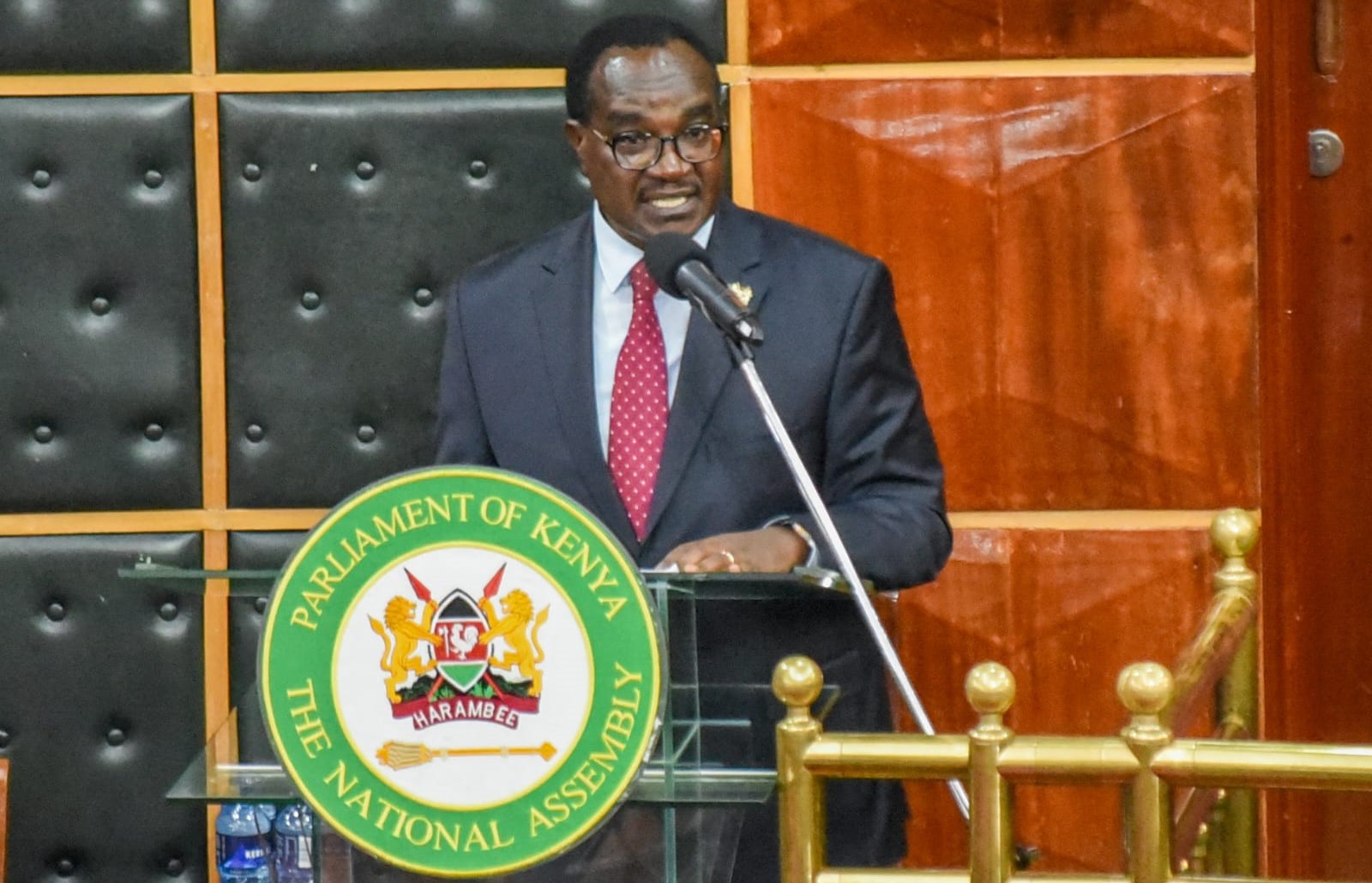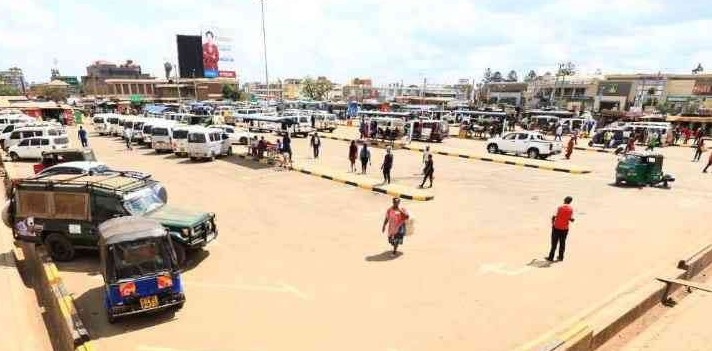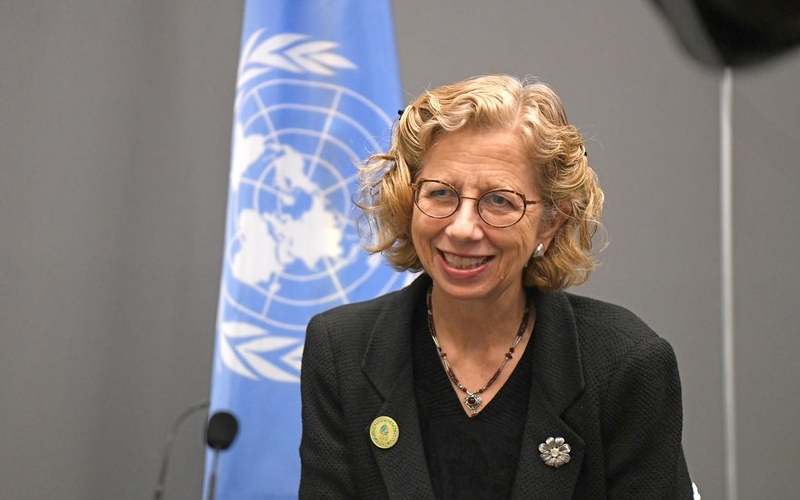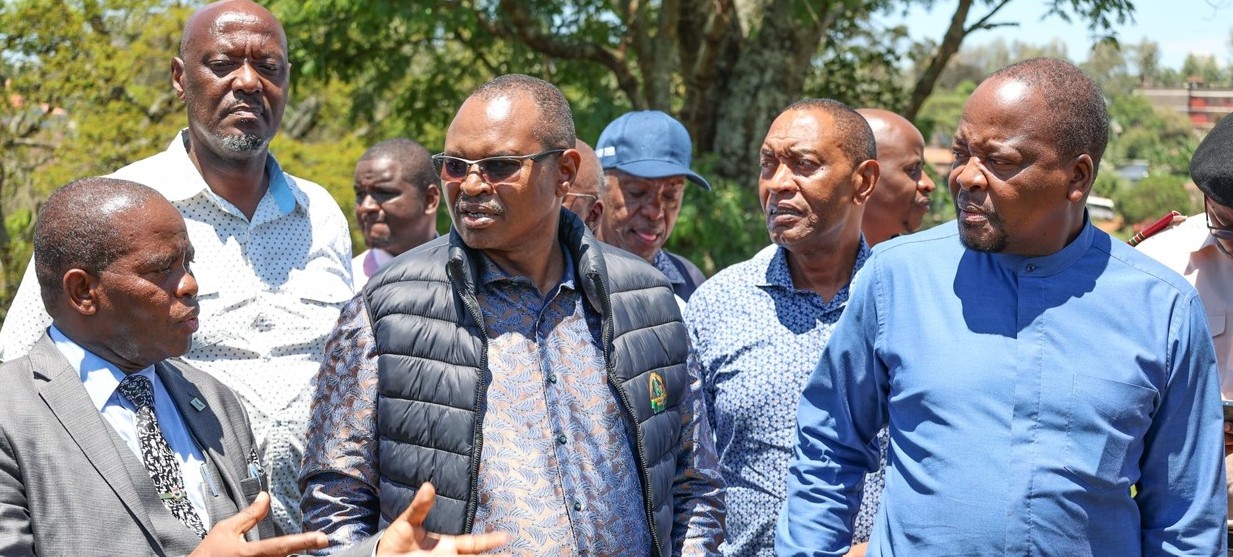Moderna halted vaccine plant in Kenya spotlights Africa's production challenges
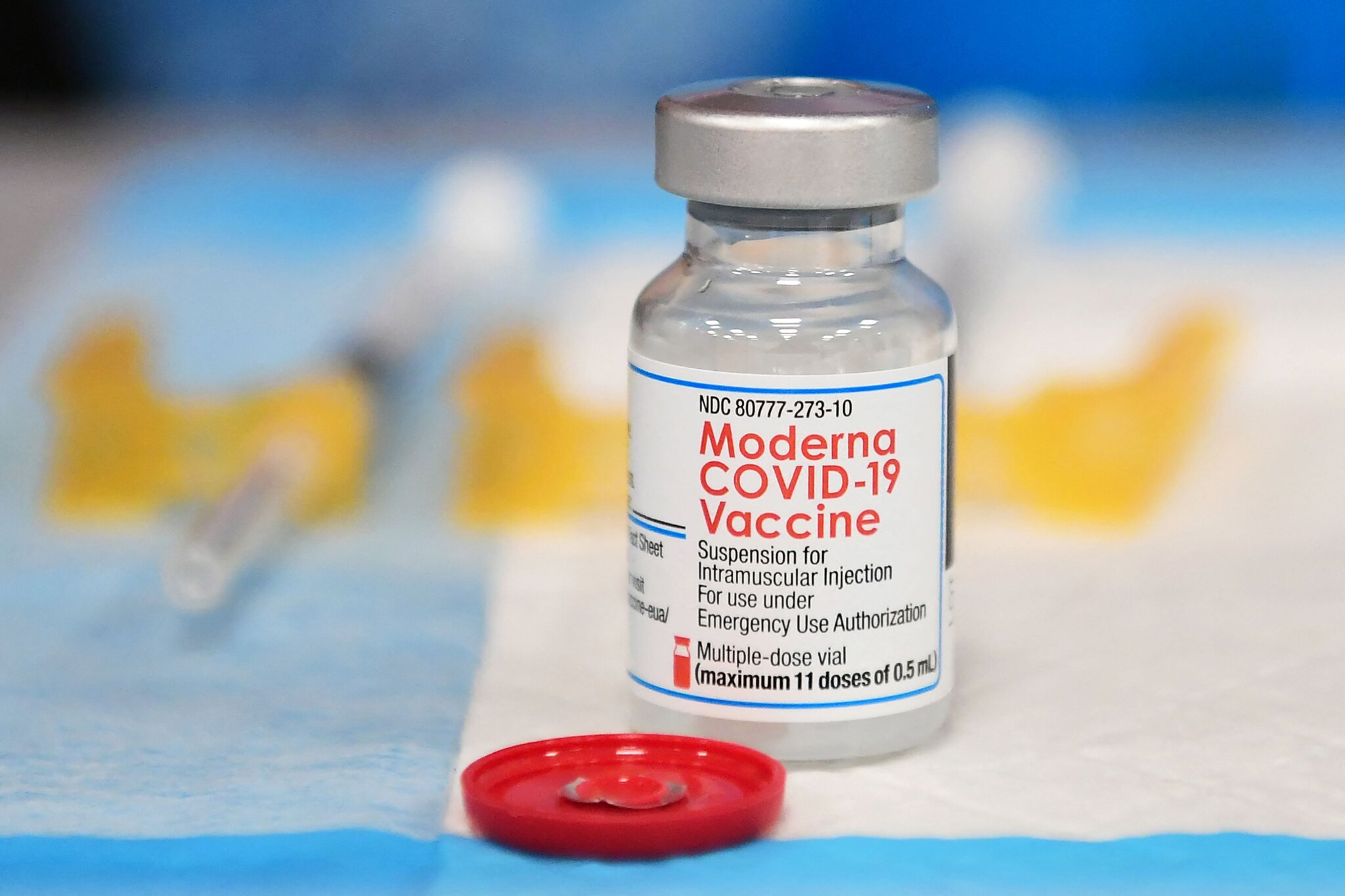
This development led to sharp criticism from the Africa Centres for Disease Control and Prevention (Africa CDC), which accused Moderna of "abandoning a commitment to build highly needed and relevant vaccine manufacturing capabilities in Africa."
In March 2022, during the peak of the pandemic, Moderna, a leading mRNA vaccine company, announced plans to establish a $500 million facility in Kenya, promising to produce 500 million COVID-19 vaccine doses each year.
Kenyan President William Ruto celebrated the news, stating, "This is major." He emphasised that the plant would not only reduce Africa's reliance on externally produced vaccines, which had been problematic during the pandemic but would also boost the local economy.
More To Read
- Viral infections linked to higher risk of heart attacks and strokes
- Study finds Covid-19 infection during pregnancy may affect child brain development
- Study finds Covid-19 mRNA vaccines may boost cancer immunotherapy
- Study finds no link between Covid-19 vaccines and birth defects in newborns
- MPs fault procurement authority for weak laws on COVID-19 tenders
- Africa: A tentative start in mass vaccine production
However, Moderna's ambitious project now hangs in the balance. On April 11, the company announced it had "paused its efforts" to build the factory after failing to receive any orders for its COVID-19 vaccine from African nations since 2022, resulting in losses and write-offs totaling $1 billion (Sh134 trillion).
This development led to sharp criticism from the Africa Centres for Disease Control and Prevention (Africa CDC), which accused Moderna of "abandoning a commitment to build highly needed and relevant vaccine manufacturing capabilities in Africa."
This setback reflects broader challenges in expanding vaccine production across Africa. Initiatives are in progress, including projects in Rwanda, Senegal, and South Africa by BioNTech and a significant investment by Gavi, the Vaccine Alliance.
However, the demand for COVID-19 vaccines has dwindled in Africa, and vaccines for many common diseases are already produced cheaply in large quantities elsewhere, complicating efforts to establish a local manufacturing base. Additionally, Africa faces a shortage of skilled workers and robust regulatory systems for medical products.
Martin Friede, the WHO's head of vaccine research, explained the dilemma, stating, "Producing more vaccines in Africa is a moral imperative, and it's economically difficult," describing the situation as being "struck between a rock and a hard place."
The COVID-19 pandemic laid bare stark inequalities in vaccine access worldwide. While affluent nations stockpiled vaccines, fewer than 20 per cent of Africans had received a single dose by the end of 2021. Setting up local manufacturing facilities, which currently handle only 1 per cent of the continent's vaccine needs, could mitigate such disparities in the future. These plants would not only produce routine vaccines but could also adapt rapidly during pandemics.
To support this vision, organisations including governments, philanthropies, and multilateral agencies have pledged at least $3.5 billion (Sh 471.6 billion). A key part of this initiative is the mRNA technology transfer hub in South Africa, led by Friede, which has trained scientists from 15 countries to produce their mRNA vaccines. However, Friede acknowledged the economic risks: "If you are not producing a product that is being procured on a day-to-day basis, after a couple of years, you will go bankrupt."
Despite these challenges, there is optimism. The Partnership for African Vaccine Manufacturing (PAVM), spearheaded by the African Union and Africa CDC in 2021, aims for Africa to produce 60 per cent of its vaccine needs by 2040. Additionally, Gavi's $1 billion (Sh134.7 billion) commitment to the African Vaccine Manufacturing Accelerator aims to boost local production capacity.
However, obstacles remain, including limited capacity to produce critical vaccine components and the need for technology transfer from foreign firms. Moreover, African vaccine producers must compete with established companies like the Serum Institute of India, which could undermine the viability of smaller African producers.
To overcome these hurdles, a collaborative approach is essential. The Regionalized Vaccine Manufacturing Collaborative, launched in January, seeks to coordinate efforts across the continent. Nkengasong, a key advocate for regional collaboration, suggests a strategy where different countries specialize in parts of the production process.
Ultimately, if cost competitiveness remains an issue, paying a premium for locally produced vaccines might be necessary to ensure health security. This reflects a growing recognition of the strategic importance of self-sufficiency in vaccine production within Africa according to news from science.
Top Stories Today
